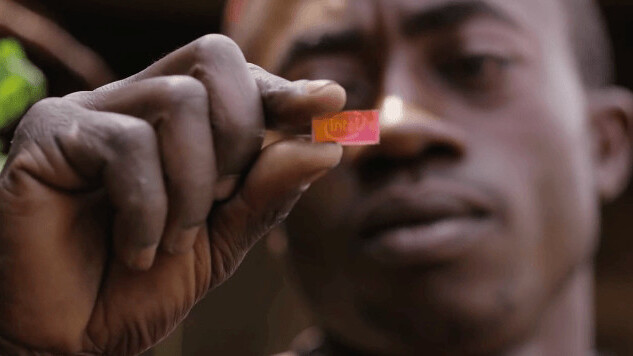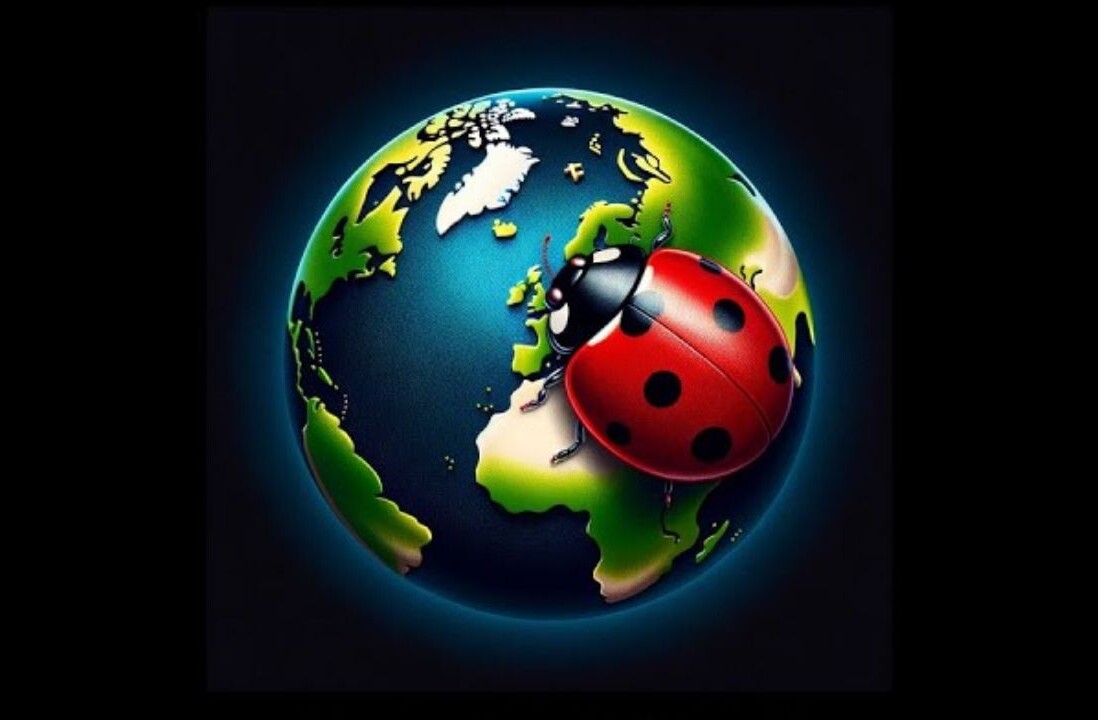Intel’s CEO Brian Krzanich used his keynote at CES to announce that his company will work to ensure all of its products are conflict-free by the end of 2016.
In 2014, Intel said it had already managed to eradicate the use of minerals mined from war zones from the microprocessors it uses in its products, which was also revealed at CES.
The company said it achieved this by better understanding where its materials came from.
Its products will all start to carry ‘conflict-free’ labelling from Q2 2016.
Although this is no easy feat, the company is now acting on research it conducted on conflict minerals at the end of last year that showed millennials believe that companies should work harder to address this issue.
Conflict minerals have long been a source of uncomfortable criticism for major hardware manufacturers.
They are already obliged to understand their use of conflict minerals if they are mined in the Democratic Republic of Congo, a state rich in the tin, tantalum, tungsten and gold that are necessary components for many electronics.
Apple says it has been working to ensure all of the mines it sources minerals from are conflict-free, although to date, the company has not been able to make the same pledge as Intel.
There’s already a database of conflict-free mines, which should help tech companies to make responsible choices about where they source their materials.
But a study last year by Amnesty International found that three-quarters of tech firms were failing to meet their obligations.
Ahead of real pledges by these companies to change, Dutch handset maker Fairphone has crowdfunded two smartphones that aim to take the conflict out of our hands.
Krzanich called on other tech companies demoing at CES and beyond to prove that going conflict-free is good for business.
Juliane Kippenberg, an Associate Director of Human Rights Watch, which does research into human rights issues including those around conflict minerals, told TNW:
We welcome companies’ efforts to create a through due diligence process throughout their supply chain to avoid contributing to armed conflict in the DRC or elsewhere. It is important to remove conflict minerals from the supply chain and if Intel can do it, it should set an important precedent for others to follow suit.
But the organisation wants tech companies to go further:
We believe that supply chain due diligence also needs to be in place for child labor. HRW is also calling for mandatory human rights due diligence.
➤ Chip Shot: Intel to Validate Broader Product Base as Conflict-Free in 2016 [Intel]
Get the TNW newsletter
Get the most important tech news in your inbox each week.





